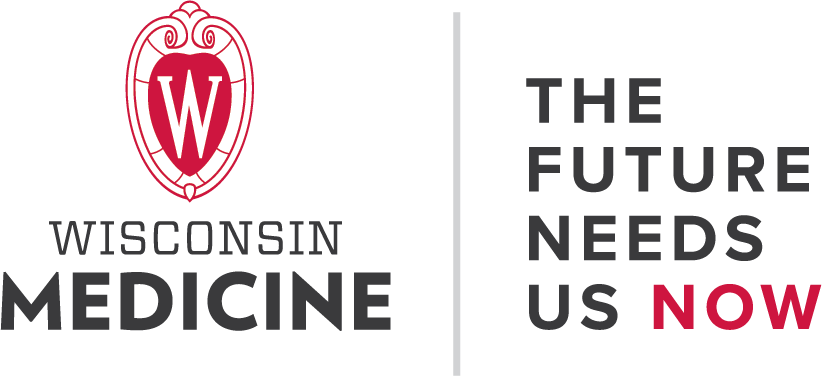Combatting Aggressive Breast Cancer through Vaccination
Dr. Eva Vivian is a strong proponent of preventive medicine, both professionally and for her own health.
So when the opportunity arose for Vivian, a professor in the UW School of Pharmacy and a breast cancer survivor, to join a clinical trial testing a vaccine meant to prevent breast cancer development and recurrence, she didn’t hesitate.
“Having a vaccine that can prevent the development of breast cancer would be phenomenal because it means that women would not have to go through the intensive treatment that I went through,” said Vivian. “This is a huge step going forward in combatting breast cancer.”
The UW Health | Carbone Cancer Center is one of three research institutions in the U.S. selected to host this phase II clinical trial, and Vivian was the first patient nationwide to begin the vaccine series.
“This trial is testing whether the patient's immune system revs up to fight cancer cells, whether the cells are there or not,” said Dr. Lee Wilke, who is overseeing the Carbone Cancer Center portion of the trial. “The primary focus is whether the patients develop an immune response to a DNA-based vaccine that is targeting features of cancer stem cells.”
The vaccine is designed for triple-negative breast cancer patients at stages I-III who have been curatively treated. Triple-negative means the cancer cells don’t have estrogen or progesterone receptors, and they don’t make a protein called HER2. This form of breast cancer is more aggressive and often has a worse prognosis.
Vivian’s first experience with cancer came decades ago. She watched as her mother battled breast cancer at a time when treatment options were very limited. Still, her mother was successfully treated and was a 20-year cancer survivor until she was diagnosed with colorectal cancer. Her mother eventually passed away from her second cancer.
Vivian has been vigilant about monitoring her cancer risks with regular screenings, which led to her breast cancer being caught at stage I in October 2019. After surgery, three months of chemotherapy and additional radiation treatments, she was declared cancer-free.
“There are no words to describe that feeling,” Vivian said.
Vivian’s work includes research on diabetes prevention, especially for the African American community. Because she knows the value of early intervention and preventive therapy, she feels honored to be part of the trial.
“Knowing that we can move things forward by potentially developing a vaccine to prevent this disease is really important, and I’d like to contribute to that discovery,” she said.
The trial involves an initial series of three injections over the course of three months, as well as a booster three months after completing the initial series, and six months after the first booster. Participants will be monitored regularly to see the effects of the vaccine.
Wilke is excited that the Carbone Cancer Center was selected to help evaluate this novel prevention approach that, if successful in follow-up testing and FDA approval, can give oncologists a new tool to combat triple-negative breast cancer.
“I think the key component is that it's one piece of the puzzle to try and prevent cancers from recurring,” Wilke said. “We don't have any medications specifically for triple-negative breast cancer, and this is one approach to give patients something to prevent a future cancer event or their original cancer from spreading.”
This trial is coordinated by the chemoprevention disease-oriented team, a multidisciplinary group of people that sets up the appropriate framework and resources, such as safety measures, pharmacy coordination, eligibility screenings and patient relationships. The Carbone Cancer Center has several of these types of teams to coordinate a broad range of different trials.
“The collaborative nature and the group’s singular focus toward enhancing cancer care, providing broader options to patients and keeping cancer treatments and prevention moving forward is what makes working at the Carbone Cancer Center so wonderful,” said Kim Mast, program manager of the chemoprevention team.
Share Your Story
Did UW Health or the UW School of Medicine and Public Health have a life-changing impact on you or someone you love? Be part of the Wisconsin Medicine story by inspiring others with your story. Share it now.

